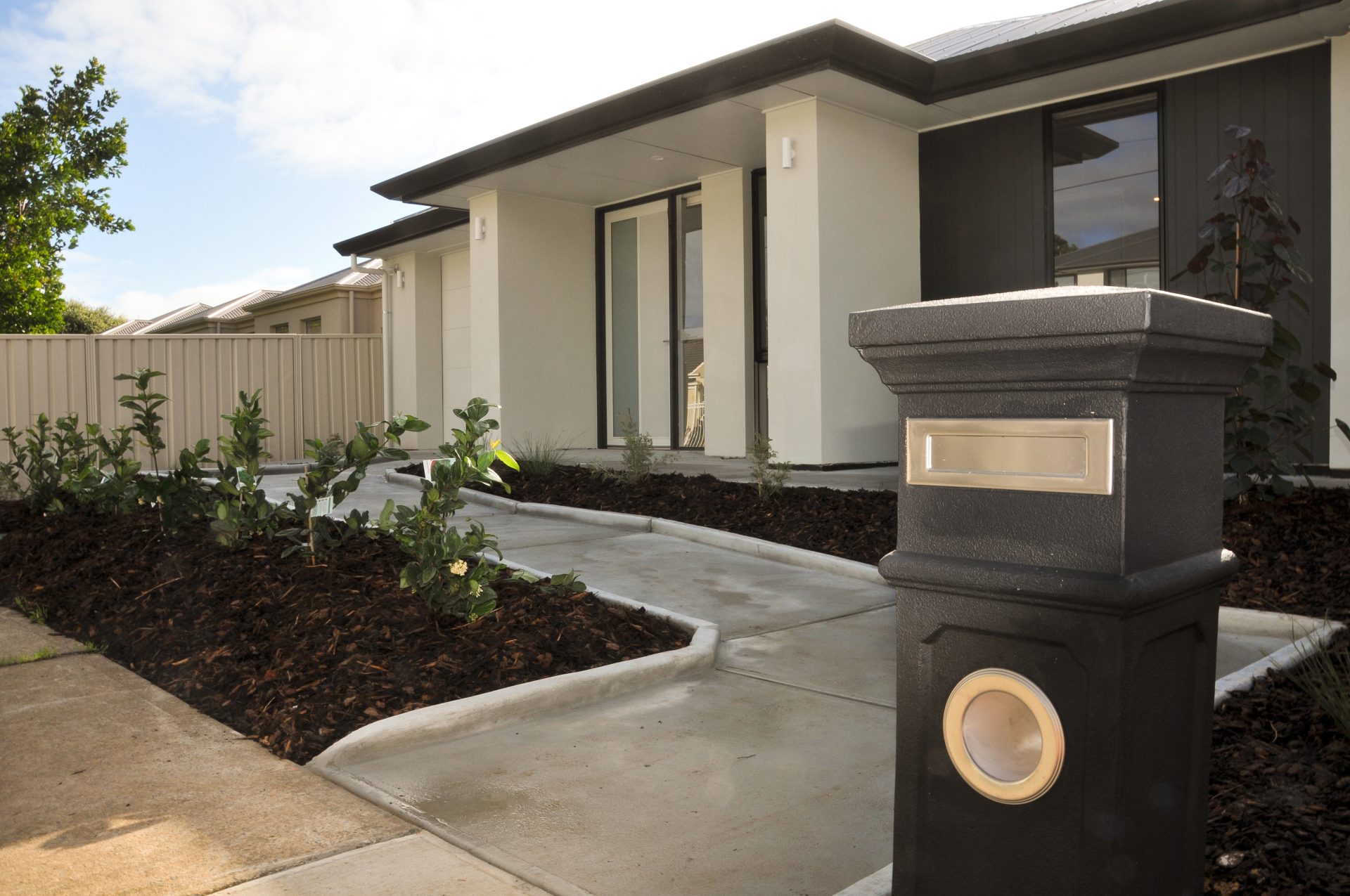10 years of NDIS and how co-design is the future of the scheme

Opinion piece by Trent Lines – CEO Access 2 Place
“This month marks 10 years since the National Disability Insurance Scheme (NDIS) began and there is a natural desire to reflect on how the scheme has transformed the individual lives of people with disability but also the disability sector as a whole. And one thing is for sure, after 10 years of the NDIS we can never go back!
The NDIS has brought a significant and mostly, positive change to disability services in Australia. Prior to its introduction, government funding primarily went to service providers, leaving individuals with disabilities with limited options and little control over their support. They often had to settle for whichever service had availability and there was no incentive for providers to improve quality. Inappropriately, many participants were forced to live in large institutions or congregate living arrangements.
By funding individuals directly, the NDIS has shifted the focus to the person with disability, creating a market for service providers to compete for customers. While this has made a positive impact, challenges remain, especially in rural and regional areas with limited competition where participants continue to struggle to access the choice and control that was promised to them under the scheme.
The NDIS has been a game changer for almost 600,000 Australians with disabilities and their families. The NDIS generates jobs, attracts investment, and contributes to economic growth. It should be treated as an investment in our country’s future – not an expense. The core promise of the NDIS is to ensure all Australians with disabilities have the support they need for a life they choose remains crucial. By continually advocating for the NDIS to addressing its challenges, the sector will foster an inclusive society that empowers individuals and strengthens communities.
While for many Australians the NDIS has been life changing, many participants describe the planning process as disempowering, due to the significant levels of evidence required to support their plan reviews and exhaustingly repeat their story time and time again, adding considerable stress to their lives.
The inaugural Chair of the National Disability Insurance Agency (NDIA), Professor Bruce Bonyhady notes the NDIS, was initially intended as a strength-based scheme to support individuals in leading fulfilling lives, however a scenario has been created where participants fear being removed from the scheme or risk falling through the cracks and missing out on necessary support. Participants and families are feeling pressured to emphasise their limitations rather than focusing on their abilities, with the scheme becoming focused on diagnosis, rather than actual need.
From a housing perspective, for many individuals the NDIS has given them the tools to more independence and choice about how and where they live, but there are more improvements needed to allow a person with a disability to live like everyone else in the community.
Access 2 Place (A2P) was formed in 2014, to be a leading disability housing provider in South Australia. Coincidentally, last week, in the same week the NDIS celebrated its 10th birthday, we completed two contemporary, purpose-built Specialist Disability Accommodation (SDA) homes, in an inner Adelaide southern suburb. Participants and their families co-designed all aspects of the building project, from selecting the site, designing the plan, selecting assistive technology and finishes, and most importantly selecting their own support team.
This participant-focussed approach leads to the outcomes intended by the original NDIS, where participants can live fulfilling lives, that allows them to achieve their own goals. As Kurt Fearnley, the current Chair of the NDIA Board, states “I hope for a NDIS that advocates and supports participants to have a community like I had, that allows the conversation about who they would like to be and how they would like to engage in this great country.”
A2P remains committed to delivering fit-for-purpose, contemporary built homes for people with a disability. SDA funding from the NDIS, which caters for people with extreme functional impairment or very high support needs, should be regarded as a capital investment that improves people’s lives by having a roof over their head, where they enjoy security of tenure and living where they choose and who with. Fundamentally these choices when co-designed with the participant, will reduce the lifetime support costs of the participant, while making a positive impact on their lives and supporting the sustainability of the NDIS.
This is the direction and approach the NDIA needs to undertake over the next 10 years and beyond, which will build on the solid foundation and continue to provide participants with real opportunities to foster their independence and having real control and purpose over their lives.”